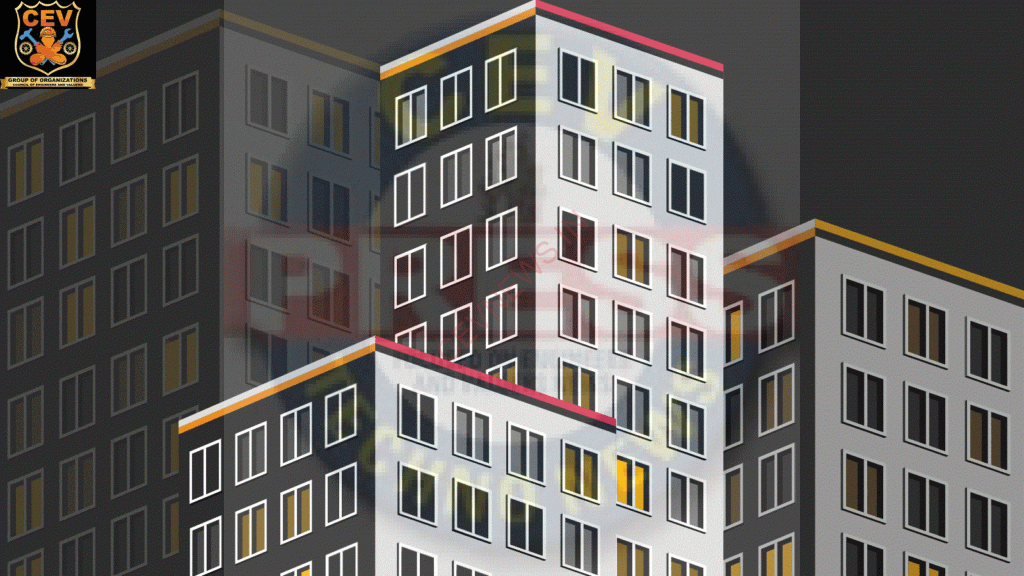THE LEGAL FRAMEWORK: PRINCIPLES GOVERNING BUILDING INSURANCE
In India, the legal framework surrounding building insurance is governed by a set of principles aimed at providing protection and security to property owners. These principles ensure that individuals and businesses can safeguard their assets against unforeseen risks and damages.
1. Legal Obligation:
Building insurance in India is often considered a legal obligation, especially for properties under mortgage or lease agreements. Financial institutions and landlords may require property owners to maintain insurance coverage to mitigate potential losses.
2. Coverage Extent:
The legal framework defines the extent of coverage provided by building insurance policies. Typically, these policies cover damages caused by fire, natural disasters, vandalism, theft, and other specified perils. However, it’s essential for policyholders to review their insurance contracts to understand the precise coverage details.
3. Compliance Requirements:
Building insurance in India is subject to compliance requirements set forth by regulatory authorities such as the Insurance Regulatory and Development Authority of India (IRDAI). Insurers must adhere to these regulations to ensure transparency, fairness, and accountability in the insurance industry.
4. Indemnity Principle:
The principle of indemnity is a cornerstone of building insurance in India. According to this principle, the insured party is entitled to receive compensation that restores them to the same financial position they were in before the loss occurred, without profiting from the insurance claim.
5. Insurable Interest:
Under Indian law, the concept of insurable interest is crucial in building insurance. Insurable interest refers to the legal right of the insured party to insure a property based on their financial stake or potential loss if the property is damaged or destroyed.
6. Utmost Good Faith:
Building insurance contracts in India operate on the principle of utmost good faith, requiring both parties—the insurer and the insured—to disclose all relevant information accurately. Failure to disclose material facts can lead to policy voidance or claims denial.
7. Subrogation Rights:
In the event of a loss covered by the insurance policy, the insurer may exercise subrogation rights to recover the amount paid to the insured from a third party responsible for the loss. This legal principle allows insurers to mitigate their losses by seeking compensation from liable parties.
8. Policy Exclusions:
Building insurance policies may contain exclusions specifying certain perils or circumstances for which coverage is not provided. Common exclusions include damages due to war, nuclear incidents, wear and tear, and intentional acts by the insured.
9. Premium Calculation:
Insurance premiums for building insurance are calculated based on various factors such as the property’s location, construction type, occupancy, sum insured, and risk assessment. Insurers use actuarial methods to determine appropriate premiums that reflect the potential risks associated with insuring the property.
10. Claims Settlement Process:
The legal framework outlines the procedures and timelines for the claims settlement process in building insurance. Insurers are obligated to investigate claims promptly, assess the extent of damages, and provide timely compensation to the insured in accordance with the terms of the policy.
The legal framework governing building insurance in India is designed to protect the interests of property owners while promoting transparency, fairness, and accountability in the insurance industry. By understanding the principles outlined within this framework, individuals and businesses can make informed decisions regarding their insurance needs and ensure adequate protection for their valuable assets.


